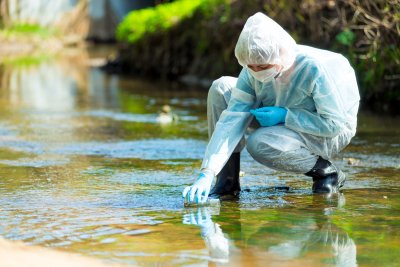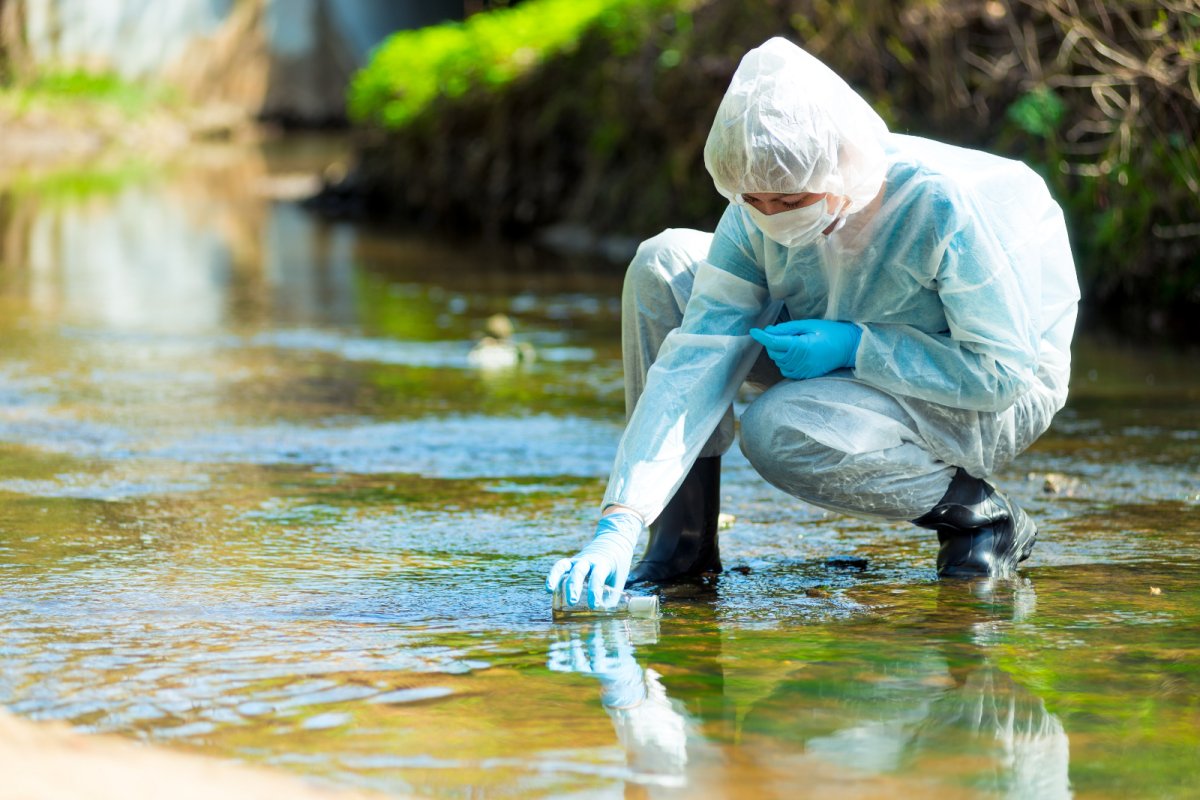 Copyright: kosmos111 shutterstock
Copyright: kosmos111 shutterstock
David Attenborough's Wild Isles revealed pockets of breath-taking beauty and magic in the landscapes and seascapes of the UK. But, most poignantly, it has showed how much Wild Britain has been transformed. The health of wildlife and people has taken a back seat as corporate greed and ineffective policy has depleted nature and allowed the poorest people to be exploited. The results are devastating. Today, the United Kingdom is one of the most nature-poor countries in the world, with half of our biodiversity wiped out since the industrial revolution.
We have chased wildlife out by changing and degrading nature, and we must face up to the reality that agriculture; what we grow, how we do it, and what we eat, is the main factor in the decline of wildlife in the UK. Only about 13% of Britain is covered in trees (and half of this is commercially grown, non-native species), whilst 70% of our land is taken up by agriculture. Of this, meat and dairy production takes up an extraordinary amount of land, to produce comparatively few calories. 85% of the farmland that feeds the UK is used to rear animals (both grazing and caged animals and their feed).
Factory farms have put our rivers on life support
Our precious rivers are bearing the brunt of wildlife decline and pollution, with just 14 per cent of rivers in England considered healthy and only one inland waterway considered safe to swim. Over the last few years, campaign groups have highlighted the role that greedy and incompetent water companies have played in trashing our precious rivers, but we must also turn our attention to the harm from factory farming, often carried out by large multinational agribusinesses, which is the main source of river pollution in England.
The river Wye is a prime example of this, where intensive chicken farms have turned the river into an ecologically barren sickly green sewer, often likened to “pea-soup”. Recently, a new ingredient was discovered in this potent broth – antibiotic resistant superbug pollution was recorded downstream from factory farms based in the Wye valley.
Big companies are profiting, while Britain’s wildlife and communities suffer
Of the 20 million chickens that are fattened along the Wye, 16 million are owned by Avara foods. Avara posted £23 million in profits in 2020/21, while merrily polluting one of the most ecologically important and diverse rivers in the UK. This negligent and irresponsible behaviour should come as no surprise. Avara foods is part-owned by Cargill, an international meat and grain company and one of the corporations found most responsible for slashing at the lungs of the world, the Amazon rainforest. Cargill has known about the damage their chicken factories do for decades and has ploughed on regardless.
Big livestock companies target rural communities with promises of much-needed investment, but actually create few, low-quality jobs when compared with sustainable farming, generate negligible profits for the farmer, can wipe value off nearby homes, and negatively affect other rural businesses. Meanwhile, the giant agribusinesses corporations are raking in more than ever as they raise prices way beyond the increased cost of production. As food prices are hiked, and people go hungry, their profits are soaring. Handing power to these agribusinesses is making food insecurity worse in the UK and abroad.
Toxic factory farms are on the rise, but councillors have the power to stop the spread
Despite these threats to people and planet, planning permission for new factory farms is still being granted across the UK. Avara and others are exploiting our planning system, leading to a sharp and dangerous rise in intensive megafarms. This means that the planning system is a key battleground for protecting our rivers. Councils need local planning policies suitable for this new threat. Planners have the power to stop this rise in irresponsible big meat companies and we want to support them to do just that, which is why we are launching our new campaign, Planning for the Planet.
Planning for the Planet
Planning for the Planet is simple – we believe that the planning system should take a proactive stance on protecting wildlife and nature, and people’s health, and should be harnessed to send industrial meat packing. 75% UK councils have declared a climate emergency. However, Sustain recently reported that six in ten councils (59 per cent), have no significant or meaningful actions to address the climate impact of food in their climate plans or biodiversity plans and only 18% councils have targets related to farming, food growing and/or allotments.
Planning for the planet helps councils ensure they have planning policy to reverse biodiversity decline. We want to support local councils through a four-step process that starts with signing the Planning for the Planet commitment. These are to:
- Assess the impact that industrial livestock is having on your local area right now.
- Publish this assessment so that everyone can see it.
- Adopt policies that are right for your area and will protect and enhance local nature, jobs and the climate.
- Join a network of planners and councillors from across the UK calling for a better national framework for planning that protects communities and the planet from the spread of the most damaging types of factory farms.
The future is green and prosperous
Councils can instead support high-quality, sustainable farming that puts workers and the planet at the heart of our food system. Research by Sustain and the RSPB has found that a modest shift of 10 per cent of retail market share (or £2 billion) to sustainable, local food businesses could create an additional 200,000 jobs and aid in a green economic recovery.
Councils have a unique opportunity to protect their community and the countryside through the planning system – the best place to start this work is by making the Planning for the Planet commitment. Repairing our broken wild isles means sending industrial meat packing. Councillors sign up here now.
Help us to save our rivers from the spread of factory farms
Food for the Planet: Food for the Planet is helping local authorities, businesses and organisations take simple actions to tackle the climate and nature emergency through food.
Sustain
The Green House
244-254 Cambridge Heath Road
London E2 9DA
020 3559 6777
sustain@sustainweb.org
Sustain advocates food and agriculture policies and practices that enhance the health and welfare of people and animals, improve the working and living environment, promote equity and enrich society and culture.
© Sustain 2024
Registered charity (no. 1018643)
Data privacy & cookies








